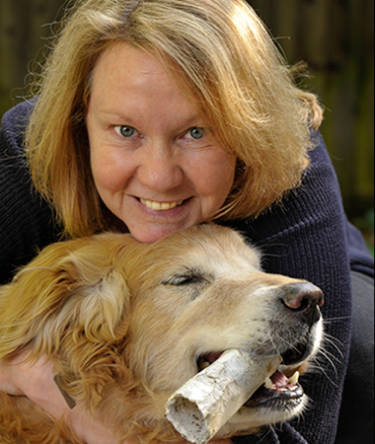Meg Waite Clayton was just a girl when she read To Kill a Mockingbird, but Scout Finch’s story has never left her. Here’s her Perspective, part of KQED’s collaboration with PBS on ‘The Great American Read’.
The summer I met Scout Finch was the summer after Miss Wilson’s fifth grade, the summer of new braces and, more embarrassingly, a first bra on my eleven-year-old breasts. I’d just moved, too, to the seventh place I called “home.” A shy child now without a single friend.
There was a climbing tree in our new back yard. A garden wall. A van parked up a hillside, housing long-haired hippies. And the town library that was having a contest. To win, I had only to read the most books.
Mornings, I flew downhill on my Schwinn, then made the long slog up to sit in the tree or on the wall or, after the old lady next door invited me, in her garden. I chose short books. I meant to win. By August, though, the librarian was pointing this freckle-faced, ratty-haired girl to books like To Kill a Mockingbird.
Like Scout, I had a brother I adored and admired and fought with. I had a lawyer-father as respected as Atticus. So I imagined myself as Scout, with that hippy bus my Boo Radley house. I imagined I did have a friend—a funny boy whose character is so perfectly delivered in his proud introduction: “‘I’m Charles Baker Harris … I can read.’”
